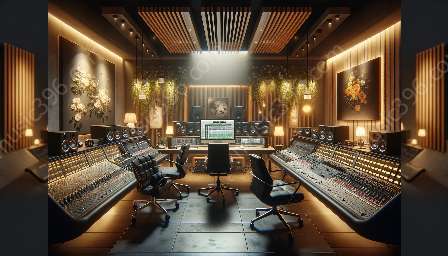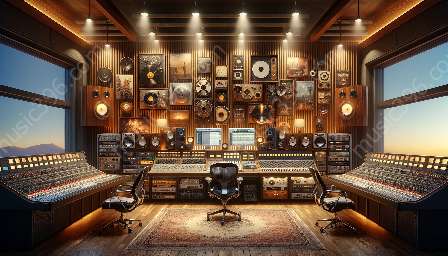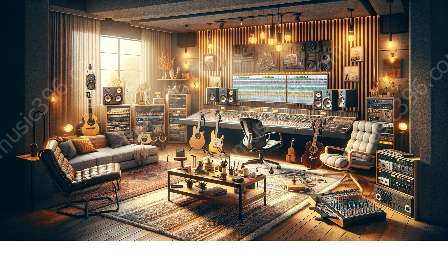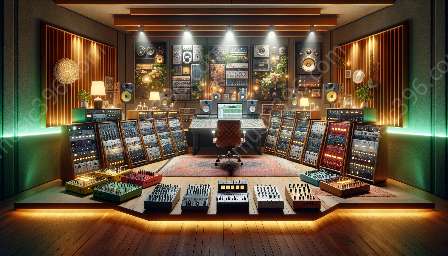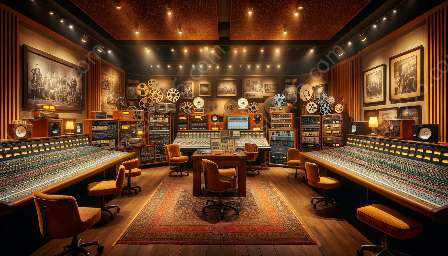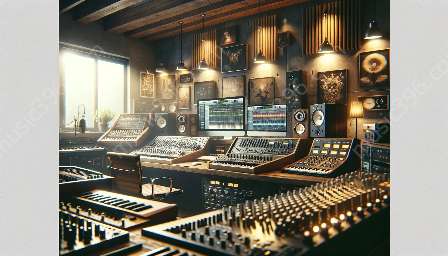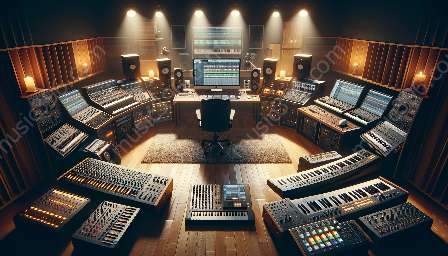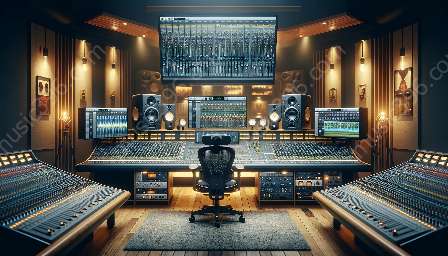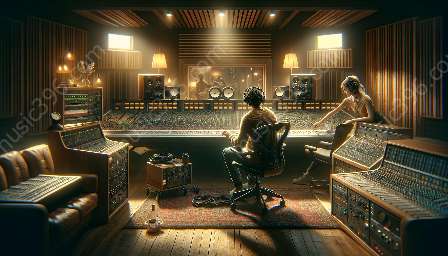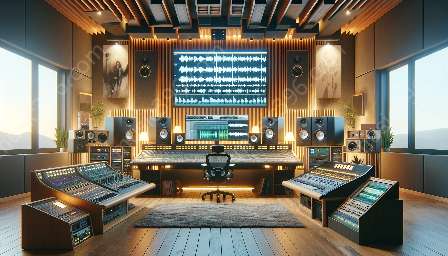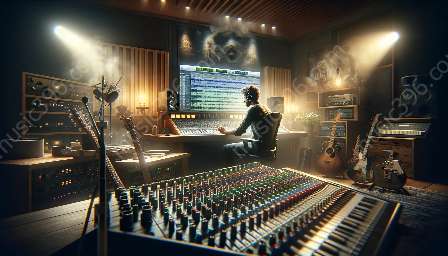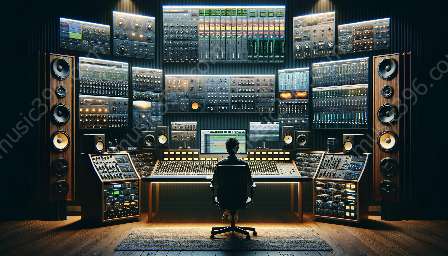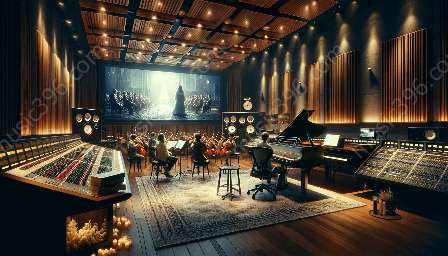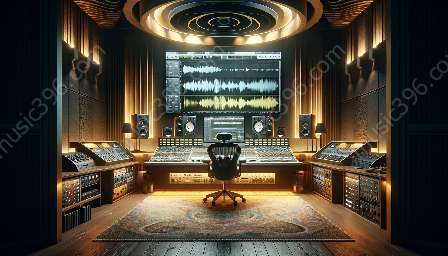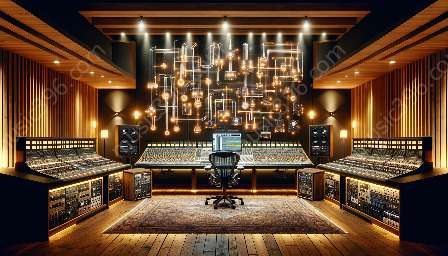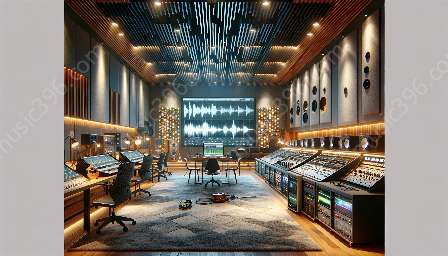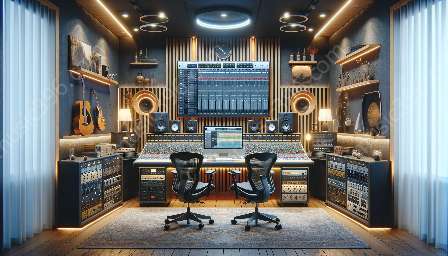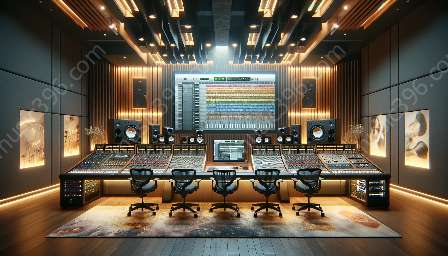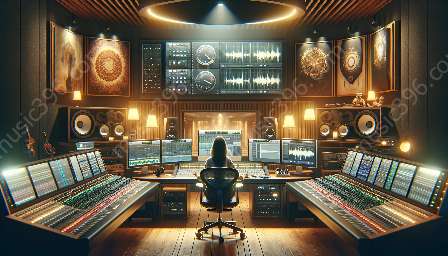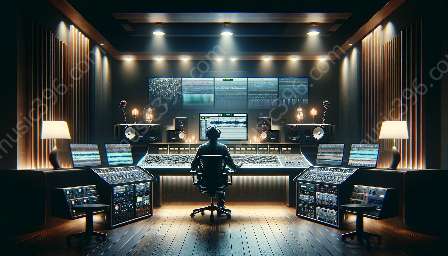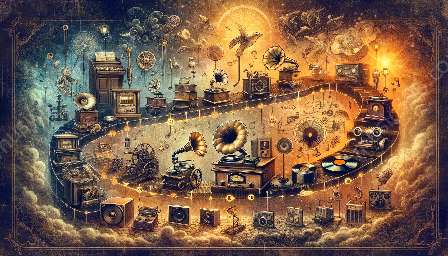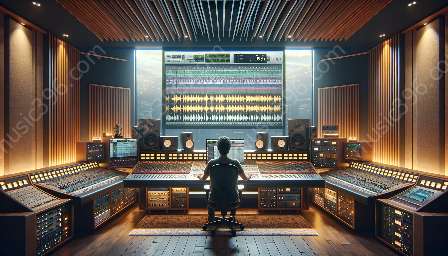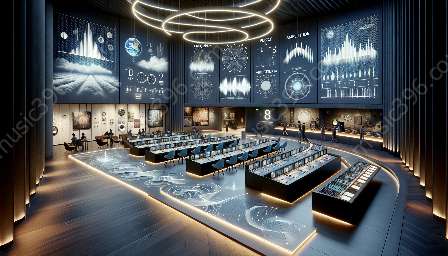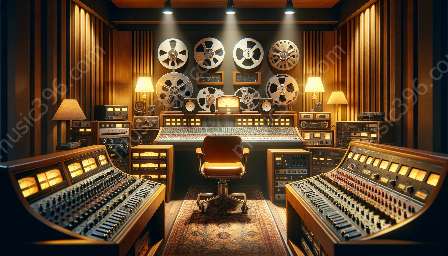History and Evolution of Music Recording Technology
Music recording has undergone remarkable changes over the years, driven by advancements in technology. From the early days of analog recording to the digital revolution, the way music is recorded and produced has been profoundly influenced by technological innovations.
1. Analog Era
In the early 20th century, music recording was dominated by analog technologies. Sound was captured and preserved using mechanical devices such as phonographs and magnetic tape recorders. The limitations of analog recording, including fidelity loss and noise, prompted the quest for more advanced methods.
2. Introduction of Multi-Track Recording
The 1950s and 1960s saw the introduction of multi-track recording, offering greater flexibility and control over the recording process. This innovation revolutionized the way music was produced, allowing for overdubbing, mixing, and editing of different tracks.
3. The Digital Revolution
The advent of digital recording in the late 20th century marked a watershed moment in the history of music recording technology. Digital recording brought unprecedented clarity, dynamic range, and editing capabilities, fundamentally altering the recording landscape.
4. Impact of Software and Computer-Based Recording
The emergence of software and computer-based recording platforms further transformed the music recording process. Digital audio workstations (DAWs) and software plugins enable musicians and producers to manipulate, edit, and enhance recordings with remarkable precision and versatility.
How Technology Has Influenced the Way Music is Recorded
From Analog to Digital: Transforming the Recording Process
Technology has reshaped music recording by enhancing the quality, efficiency, and creative possibilities of the process. With the shift from analog to digital recording, musicians and producers gained access to a wide range of tools and techniques that have revolutionized the art of music production.
The Role of Digital Recording
Digital recording has redefined the music production landscape by offering pristine audio quality, seamless editing capabilities, and the ability to store and manipulate recordings in a non-destructive manner. The transition to digital has streamlined the recording process, enabling artists to experiment, refine, and perfect their musical compositions with unprecedented precision.
Integration of Software and Hardware
The integration of software and hardware has played a pivotal role in shaping contemporary music recording. Advanced digital audio workstations, virtual instruments, and signal processing plugins have empowered artists to craft sonically rich and intricate recordings, blurring the boundaries between traditional recording techniques and cutting-edge technology.
Collaborative Capabilities and Remote Recording
Technology has facilitated collaborative music recording by enabling remote collaboration and real-time interaction among musicians and producers. The advent of cloud-based platforms and remote recording solutions has democratized the recording process, allowing artists to collaborate across geographical boundaries and create music collectively with unprecedented ease.
Evolution of Recording Equipment
The evolution of recording equipment, from microphones and preamps to digital converters and audio interfaces, has significantly contributed to the sonic fidelity and versatility of modern music recordings. Innovations in hardware design and engineering have elevated the standard of audio capture and processing, empowering artists to achieve professional-grade results in diverse recording environments.
Emergence of Mobile Recording
The proliferation of mobile recording devices and smartphone applications has democratized music recording, enabling musicians to capture spontaneous ideas and musical sketches on the go. Mobile recording technology has empowered artists to transcend the confines of traditional recording studios, fostering creativity and spontaneity in the music-making process.
Conclusion
Technology has indelibly influenced the way music is recorded, driving a paradigm shift in the art and science of music production. From the early days of analog recording to the digital age, advancements in recording technology have expanded the creative horizons of musicians, revolutionized the production process, and democratized access to professional-grade recording capabilities.



